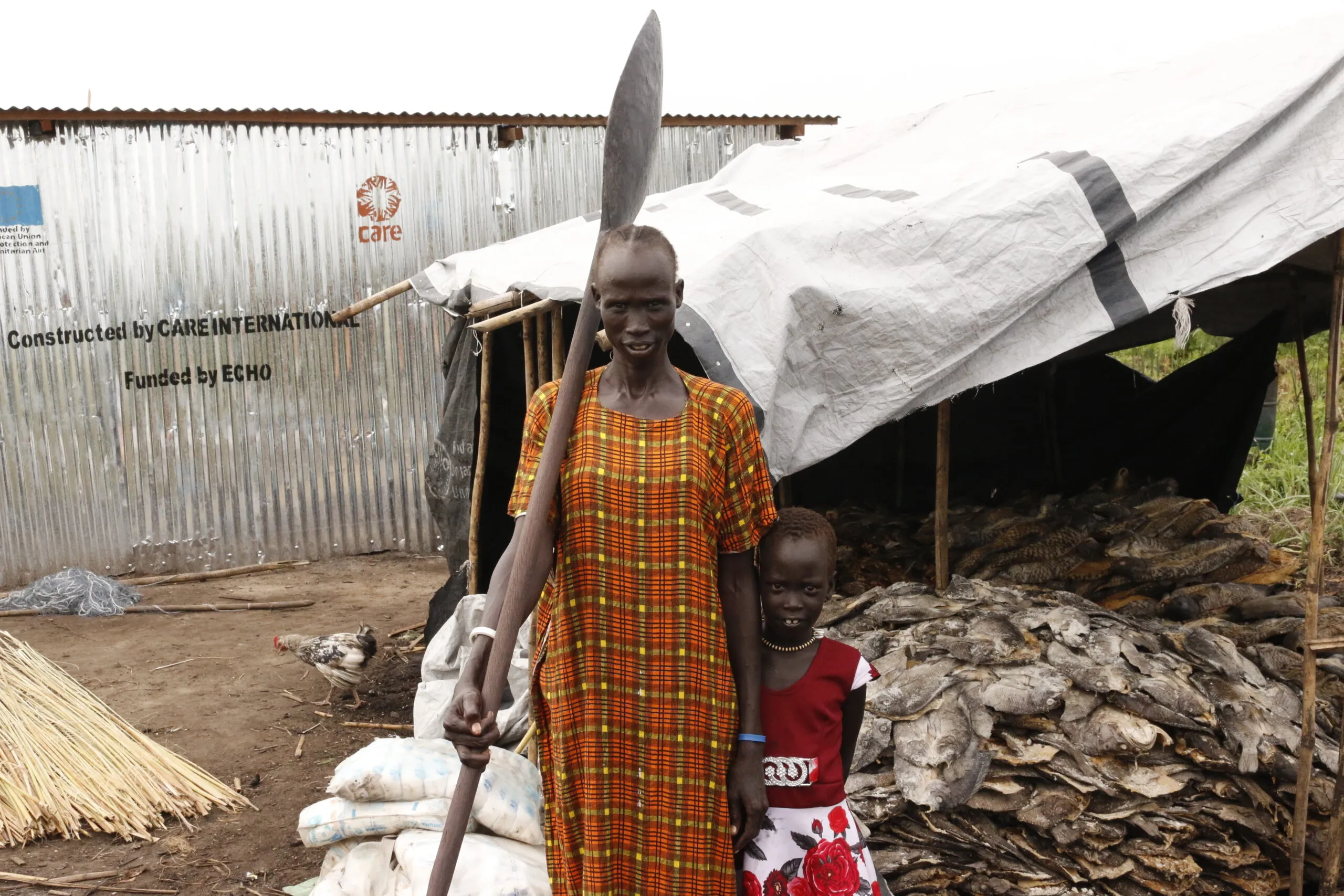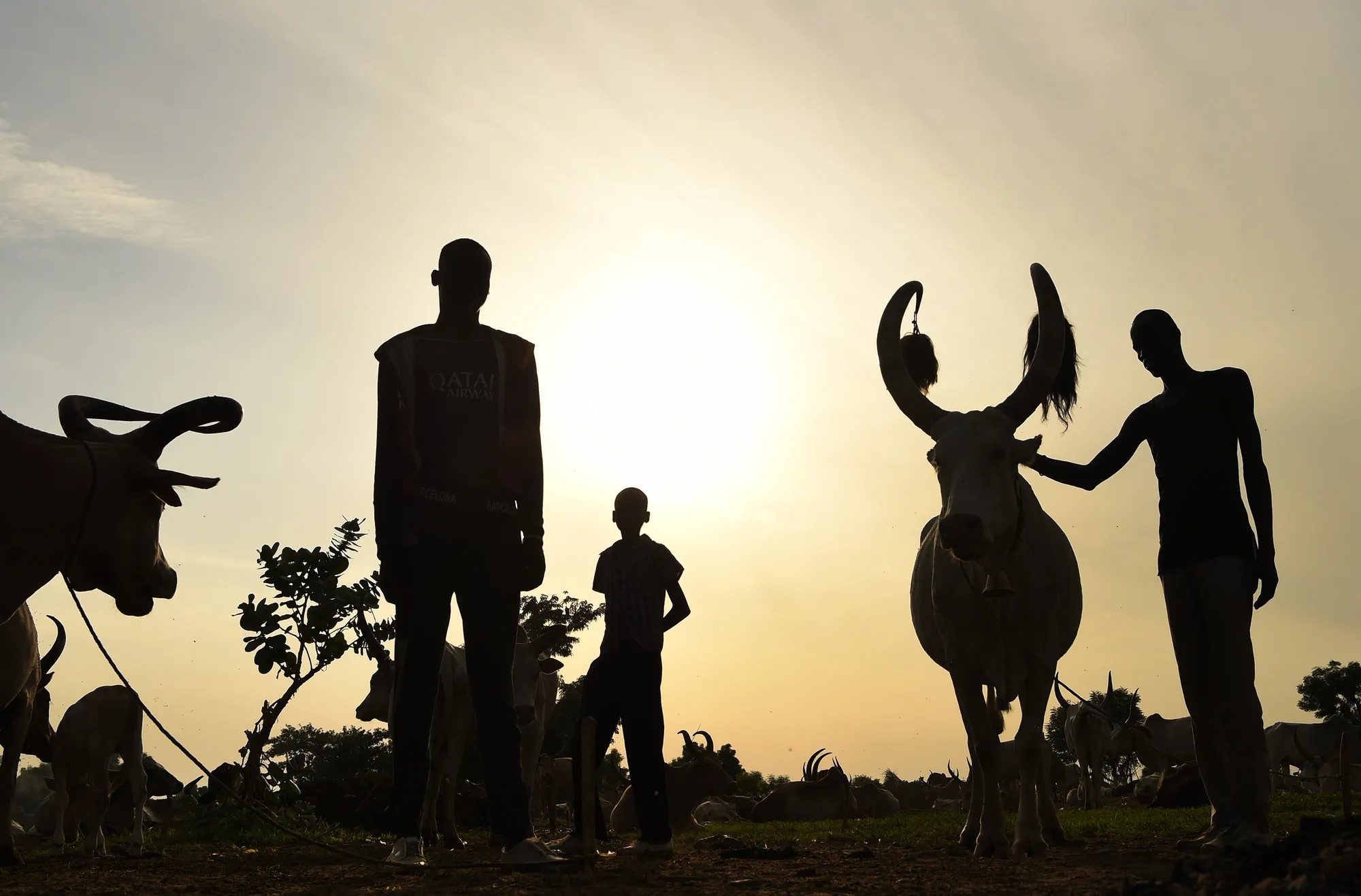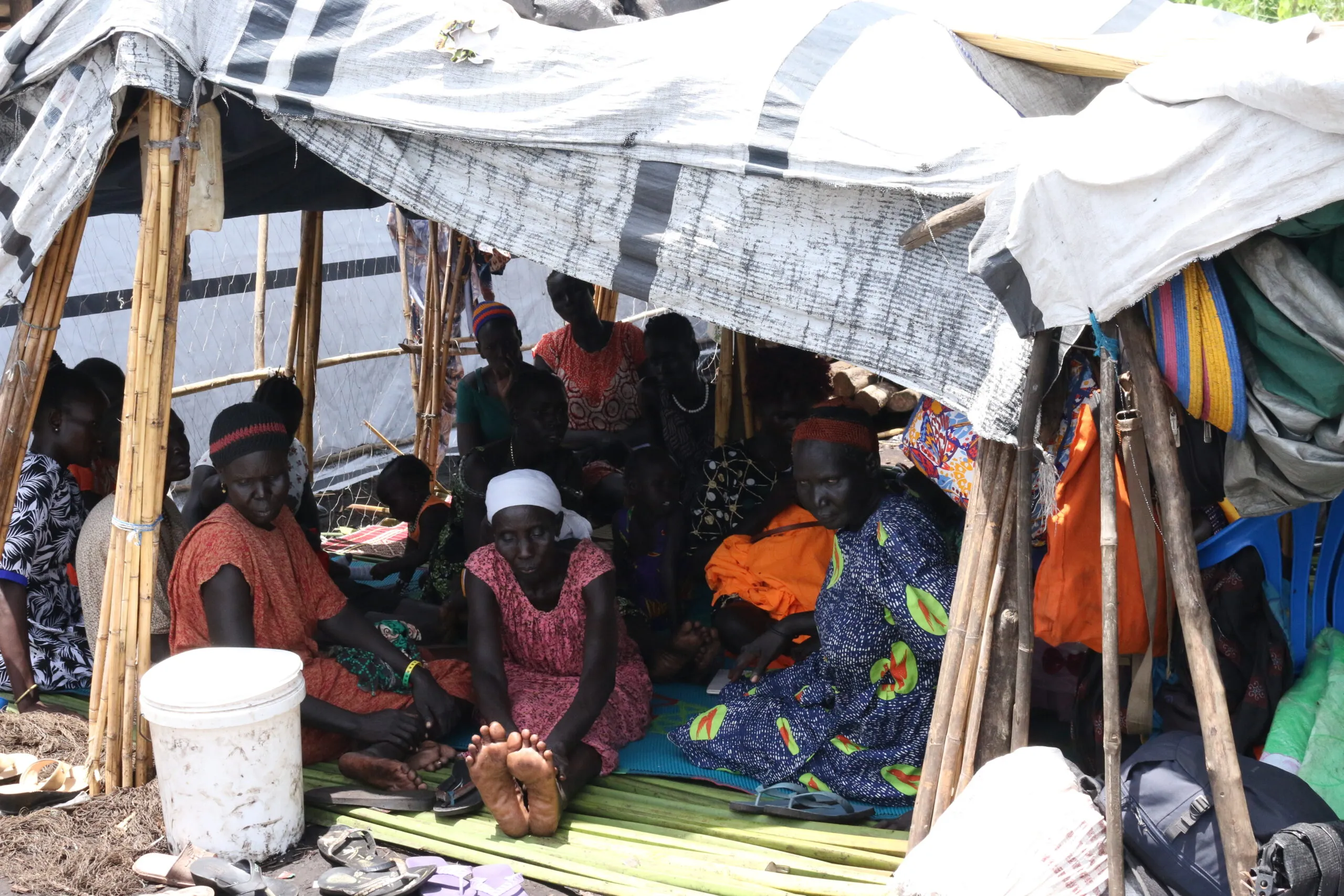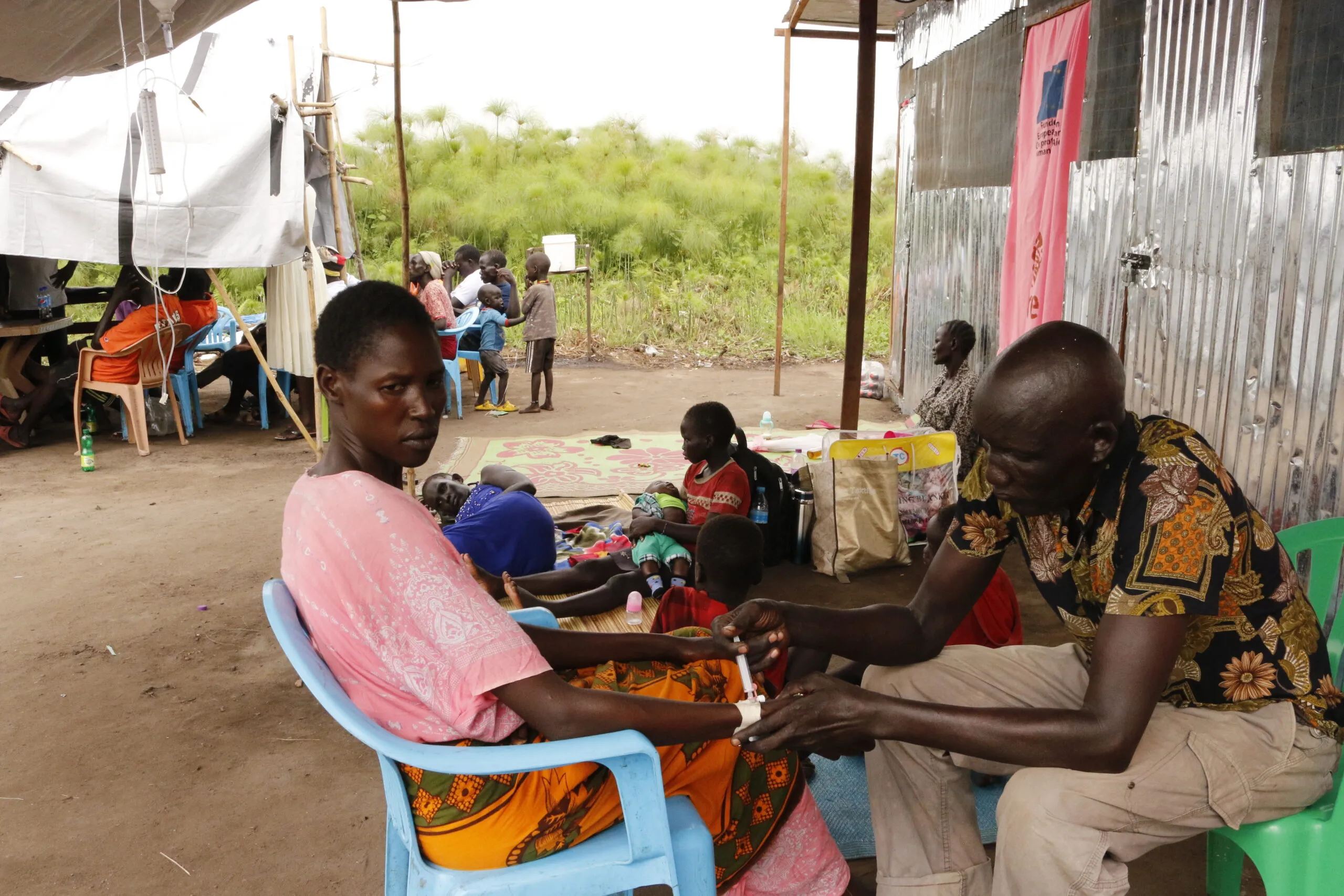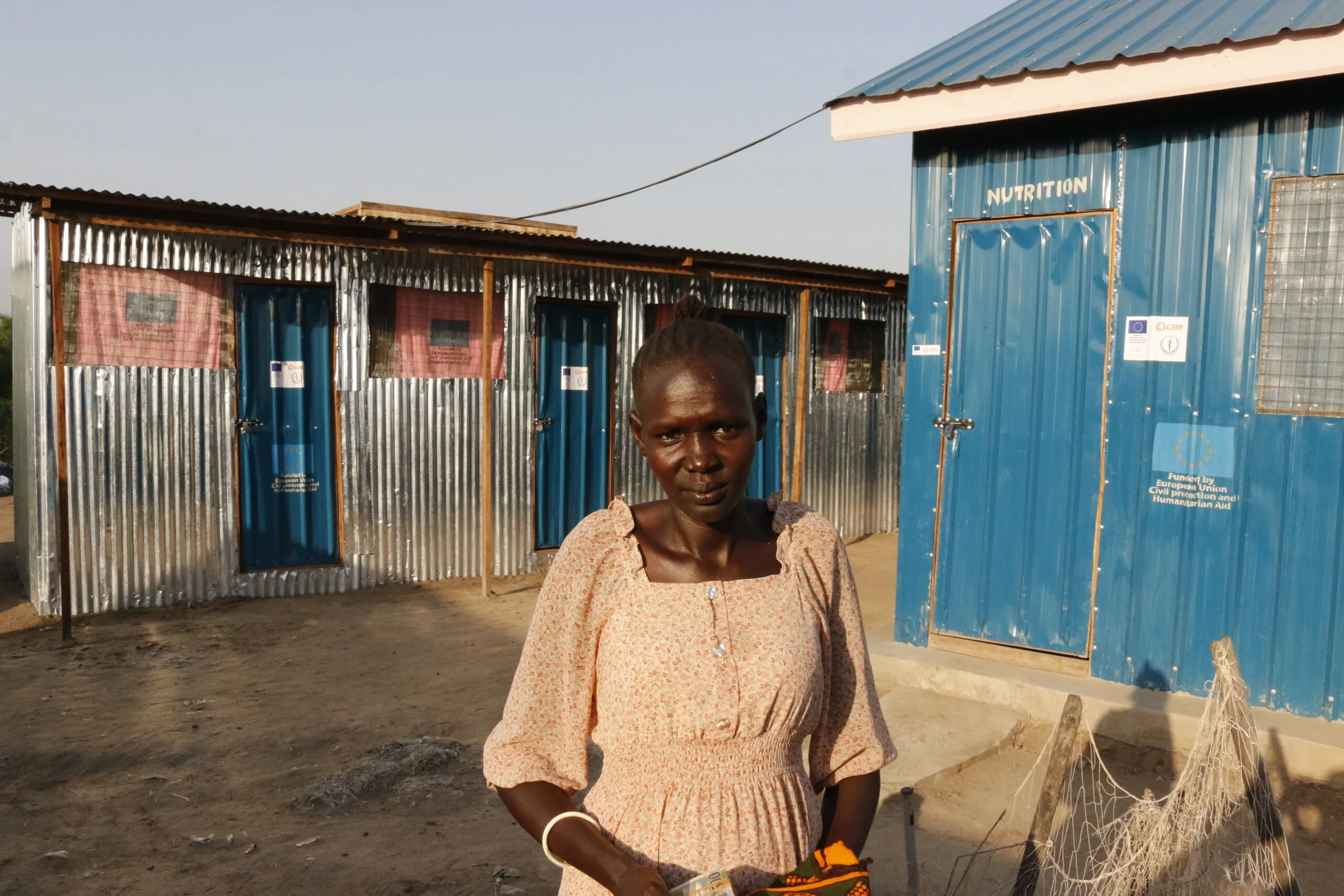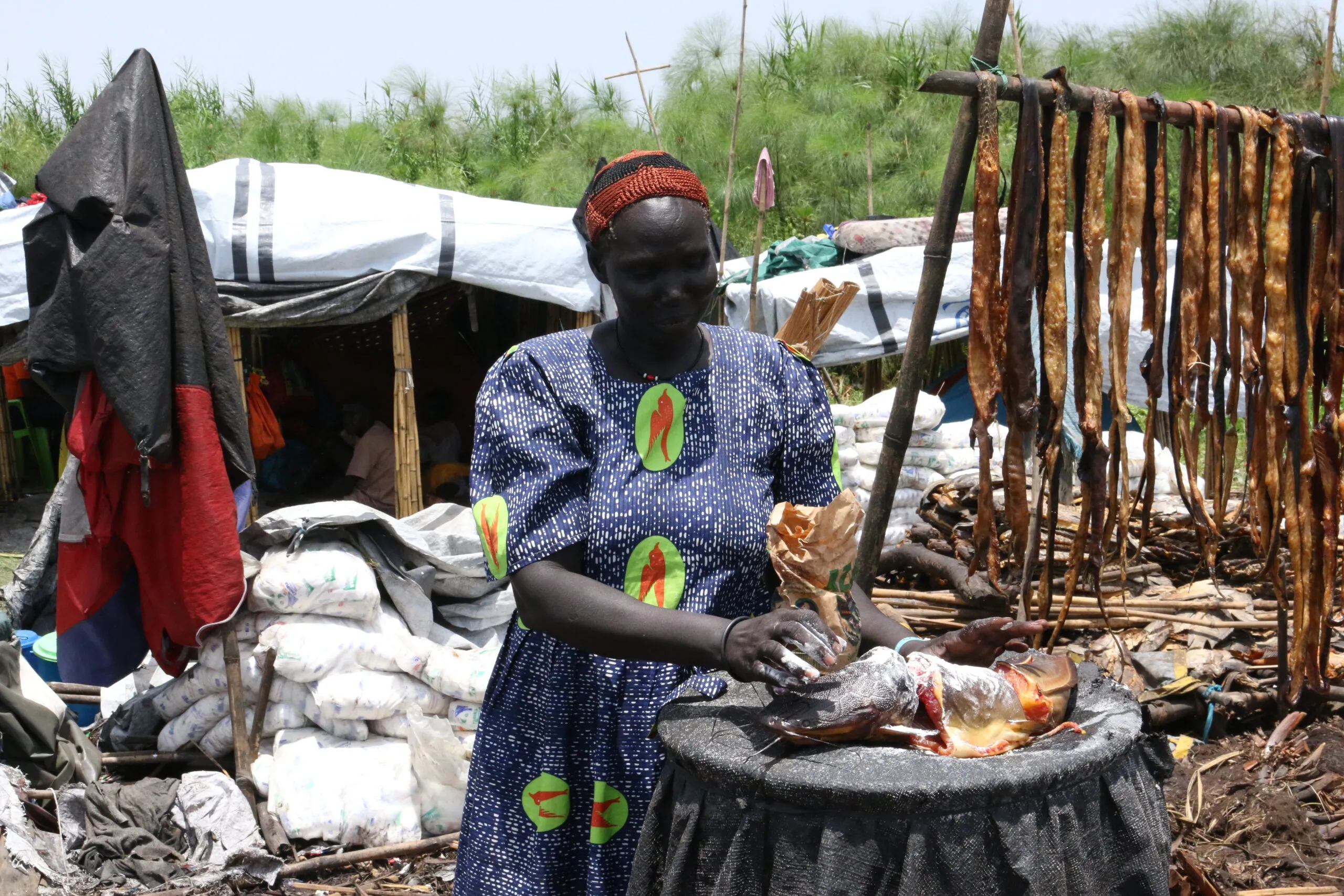South Sudan, the world’s youngest nation, has been embroiled in intermittent conflict since its inception.
Despite the signing of a peace agreement in 2018, localized conflicts continue to plague the nation, jeopardizing stability and exacerbating the dire humanitarian crisis.
According to the United Nations, nine million South Sudanese are in desperate need of help. They endure displacement and widespread violence. Because of the pre-existing cultural norms and discrimination in the region, the violence has an acute impact on Sudanese women and girls. South Sudan has one of the highest child mortality rates globally — one in every 10 children dies before their fifth birthday.
For Akoi, 35 years after her fondly-remembered childhood, her life has changed dramatically.
“Since losing my husband, the weight of caring for our seven children has fallen solely on me,” she says. “Without access to proper healthcare facilities nearby, the challenges are even greater. When we are ill, we have to resort to home remedies or travel to Bor town, which can take at least a week by canoe.”
Sporadic violence also impeded her access to essential resources and services.

